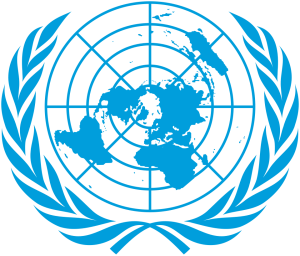The Coordinating Minister of Health and Social Welfare, Prof. Muhammad Pate, announced on Sunday that Nigeria aims to locally manufacture at least 70% of its pharmaceutical products by 2030 under the Presidential Initiative for Unlocking the Healthcare Value Chain (PVAC). Speaking via a video posted on X, Pate outlined plans to expand the life sciences manufacturing workforce, currently around 20,000, by tens of thousands.
A key step in this plan is the establishment of Empower Academy Nigeria, a new pharmaceutical manufacturing training institute in partnership with Switzerland’s Empower School of Health. The academy will train professionals in advanced manufacturing, regulatory sciences, and quality assurance, helping address critical workforce gaps.
Since its launch in October 2023 as part of President Bola Tinubu’s Renewed Hope Agenda, PVAC has secured multiple high-value investment commitments. Pate revealed that over 70 healthcare manufacturing companies are partnering on 22 large-scale projects, supported by negotiations for €1 billion from the European Investment Bank and $1 billion from the African Bank.
The minister highlighted goals to establish at least two biologicals plants, five new medical supplies and diagnostics platforms, and to double Nigeria’s pharmaceutical market share in Africa to 15%. He emphasized that Empower Academy will deliver state-of-the-art training across Nigeria, supported by partnerships with international organizations like the WHO and the Africa CDC.
Pate praised the collaboration with other ministers and international partners, stressing that Nigeria is setting a new standard in healthcare manufacturing. “This is a Nigerian renaissance in full motion,” he said, reaffirming the government’s commitment to transforming the nation’s health sector and economy.









